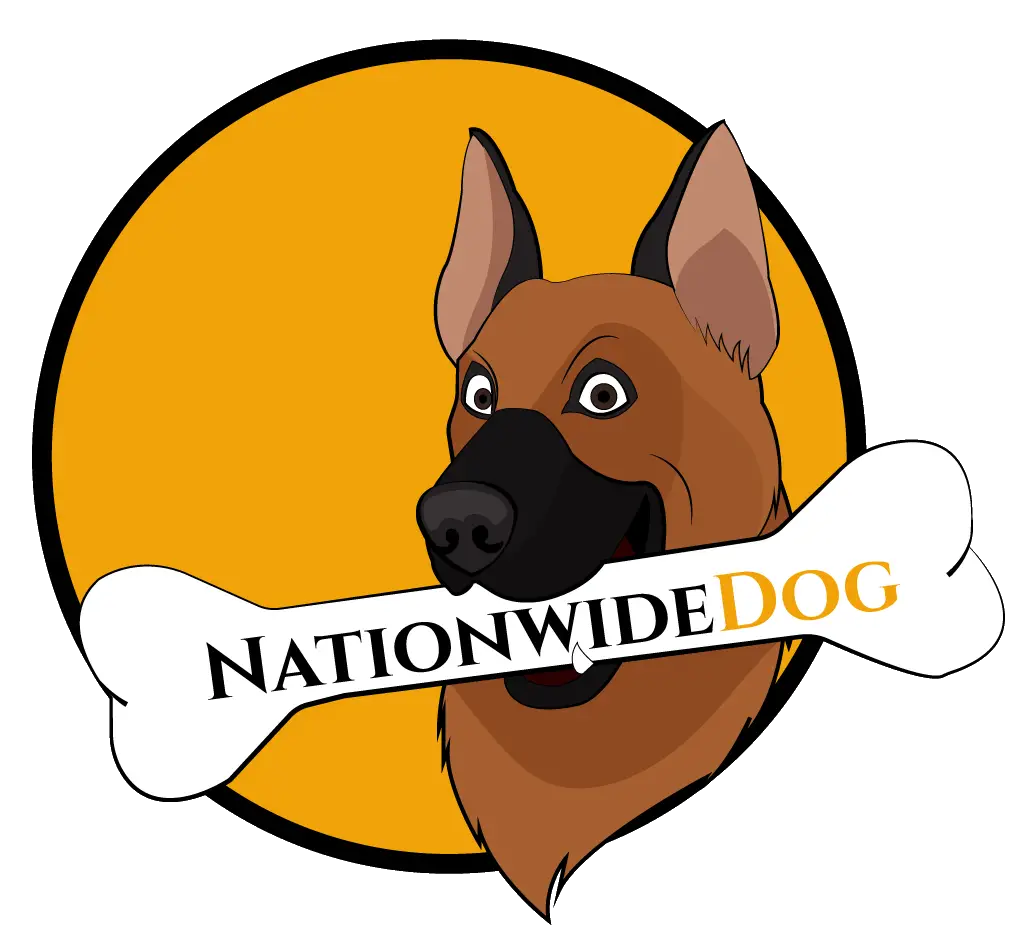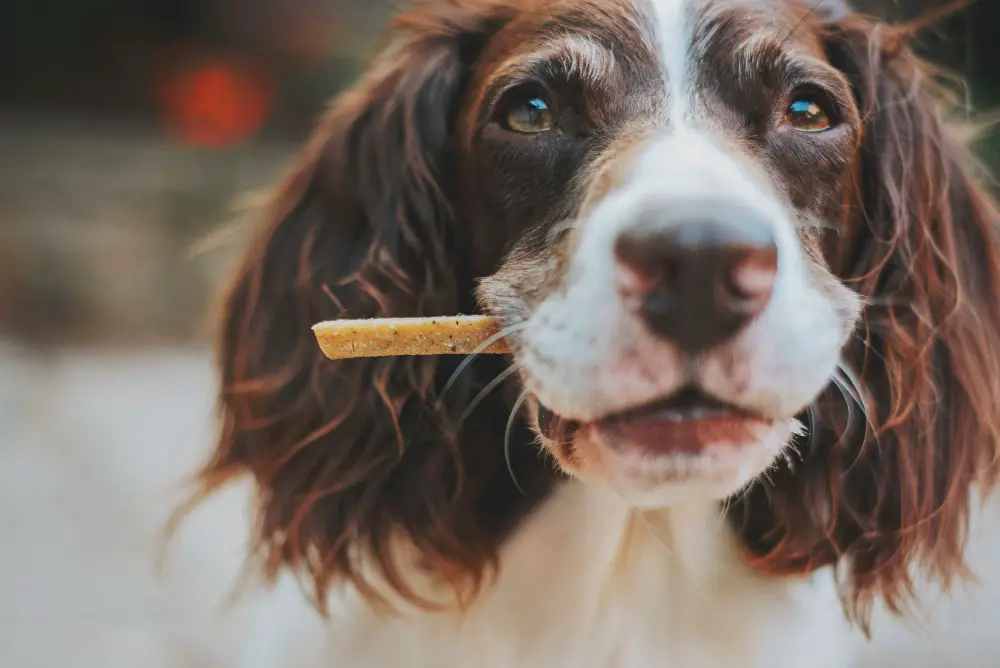Do you want to know if can a dog eat pork rinds? You might have tasted how delicious your pork rinds feel and might be wondering if you need to share them with your furry friends. This article will discuss in depth the reasons why you will avoid giving your dog pork rinds.
No matter how sweet you find them, which I bet happens to be similarly attractive to your dog; they may cause significant digestion problems. Once or twice, dogs might, after consuming a lot of pork rinds in a hurry.
If you would like to know the safety of this product for your lovely dog, ask yourself the following questions:
What Makes Pork Rinds Ingredients Harmful to My Dog?
You will find pork rinds not safe for your dog because: The parts used in making them will cause trouble for your dog’s digestion. No matter how tasty you find this regular snack, it comes from pigskin. The skin gets boiled, dehydrated, and dried to remove fur and excess fat. After drying, it gets deeply fried to achieve a crunchy and puffy nature. These rinds get cut into small bite-able sizes. If you visit Mexico, you will find them as Chicharrones or pork scratching in the UK.
People have grown to love them, especially when seasoned with salt, vinegar, barbecue, or cinnamon sugar. The fact that pork skins make this snack makes it all dangerous for your dog. The dog will find their fragrance and aroma interesting and then eat them up.
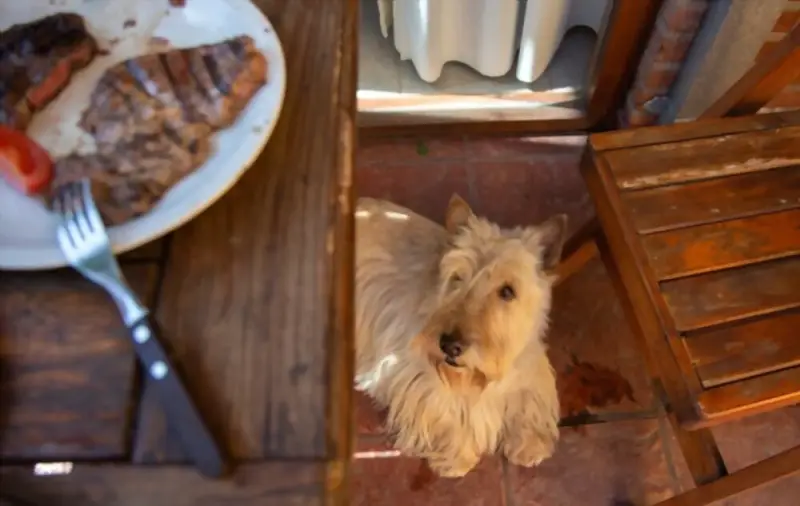
Your pet’s digestion system is different from a person’s, and it will find it hard to digest the rinds. This scenario will then result in indigestion.
- The seasoning done on the rinds will be trouble for your dog. You will, in most cases, enjoy your pork rinds spiced for a better flavor.
What you might not know, these spices will never be good for your dog. These spices act in a toxic way when ingested by dogs.
- The salt seasoning will be trouble to your health and your dog too. Pork rinds and extra salting will never be separated.
For the skins to taste as desired, salt seems to be an essential seasoning product. This excess salt will, in return, cause sodium ion poisoning and kidney damage to your dog.
- The frying technique used in preparing this delicacy makes it unfit for dog consumption. Deep frying makes pork rinds high in fat which adds to the upset stomach and diarrhea.
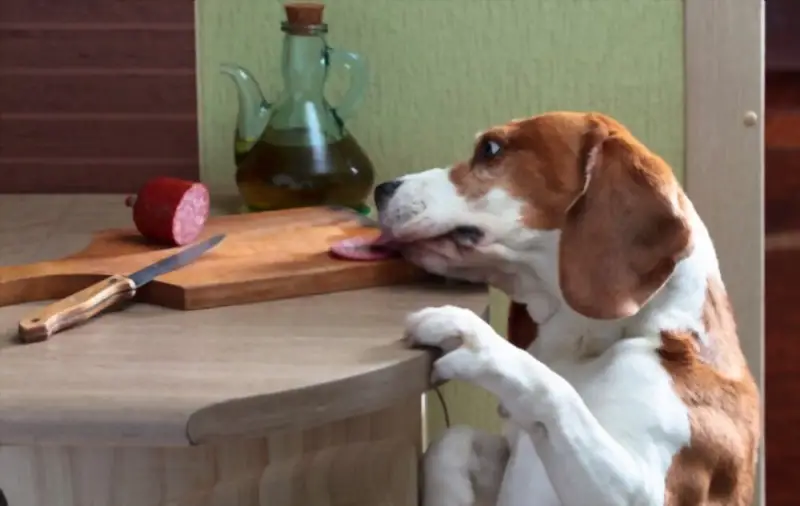
High-fat foods in dogs lead to pancreatitis in dogs. This snack treat might be the final blow to giving your dog the deadly condition.
- Onions and garlic found in prepared pork rinds happen to be toxic to our furry family members. You may fail to realize that these substances caused health issues until days later when rushing to your veterinary.
A nightmare mare comes up due to allowing your dog to enjoy this snack with you.
What deadly health issues do dogs present after eating pork rinds?
The spices in our spiced rinds make dogs suffer: An upset stomach, Stomach pain, Diarrhea, Excess gas, Extreme thirst, Anemia
The excess salts cause the following complications to your dog: Unquenched thirst in your dog, Kidney damage, Anemia
Too much fat in the pork snack may cause pancreatitis with the following symptoms: Severe lethargy, Stomach pain, Vomiting, Severe dehydration, Occasional collapsing and shock episodes, Appetite loss.
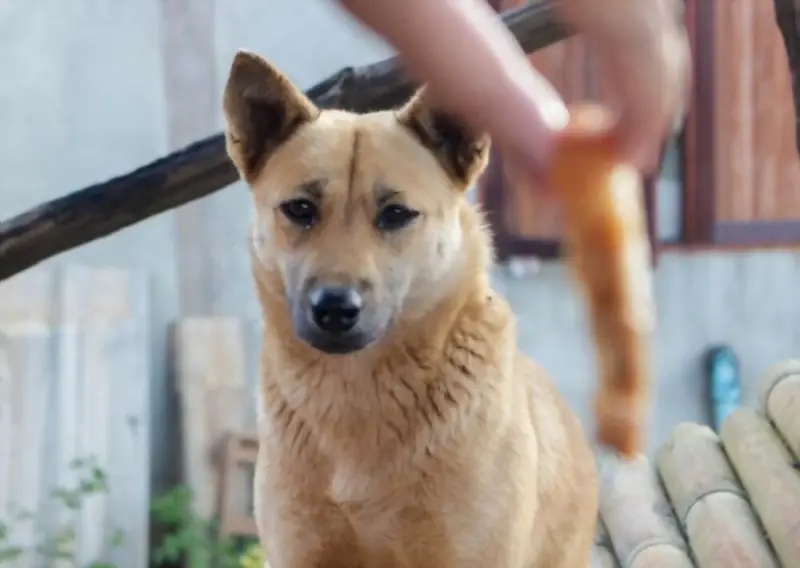
What diseases do pork rinds cause to your dog?
You might be wondering which diseases pork rinds may cause to your lovely furry companion. How serious may these health complications become? Over time, associated pork products and deep-fried pork snacks get associated with the following common dog illnesses.
Pancreatitis
Excess fat consumption in dogs results in the dogs suffering from pancreatitis. If your dog seems fine even after eating pork products, you may find it easy to feed them some pork rinds frequently. Regular feeding on these fatty foods causes this condition. The disease associated with lethargy, vomiting, and severe dehydration, if it persists, may cause the death of your pet. In most cases, the disease advances, it causes a lot of suffering to the dog and painful death. No pet owner wishes their furry friends such pain.
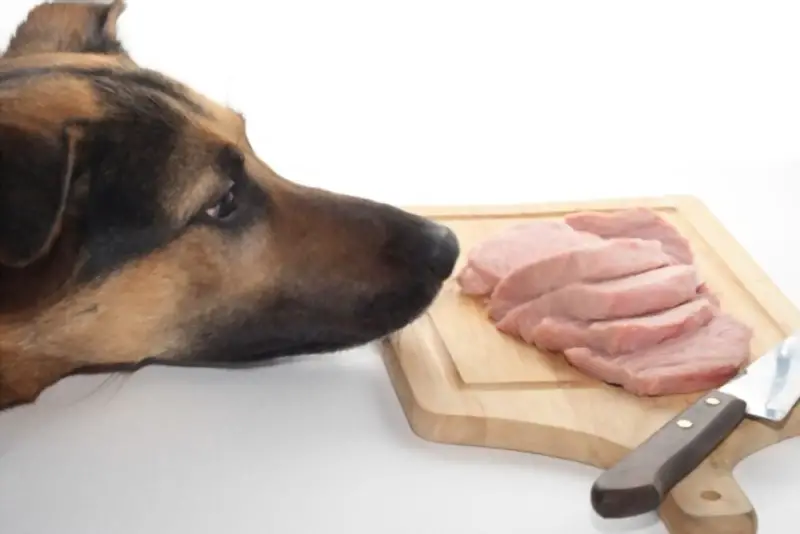
Kidney damage
In most cases, excessive salt seasoning results in severe dehydration in dogs. This dehydration mainly occurs with overworking the dog’s kidneys. As a result, the dog may develop kidney diseases. If kidneys suffer for a long time, they fail, and the dog dies. To keep your dog healthy and alive, you would avoid excessively salted foods, including pork rinds.
Anemia
Like all other living animals, dogs need to keep enough blood supply. If you develop a habit of feeding your dog these snack foods, the dog gets no nutritional disadvantage. In the long run, they suffer malnutrition and lack of blood hence anemia. If you keep pork rinds away from your furry pet, you will keep anemia away.
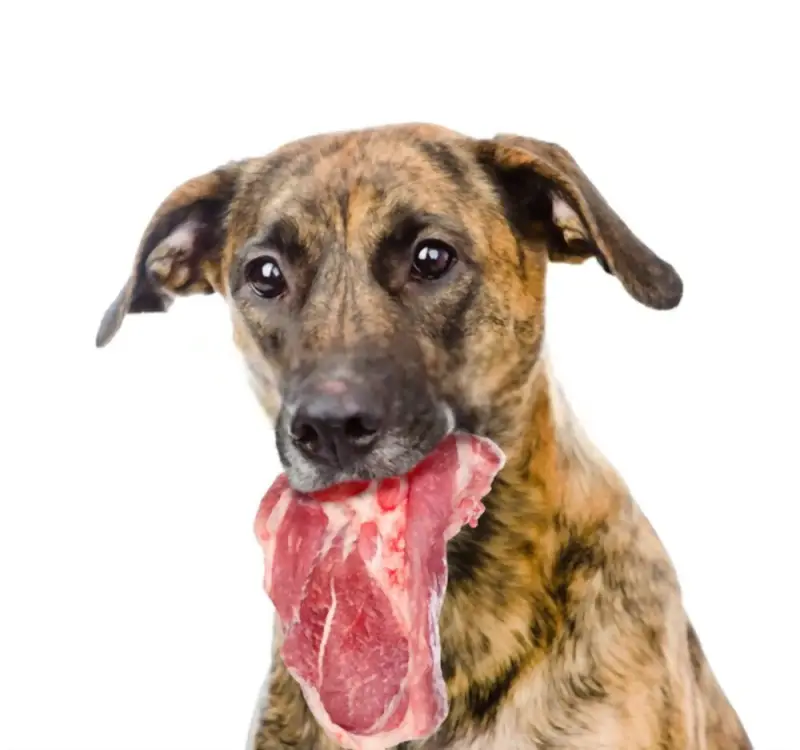
Obesity
All unhealthy diets contribute to obesity. In current times, pets have suffered obesity at an alarming rate. As much as your pet becomes overweight, they also develop heart complications due to obesity. Imagine a dog that could live for fifteen years, living only six to seven years. These conditions get contributed to by such foods as pork rinds. The fat content in them leads to obese conditions.
Allergic reactions
The vomiting, stomach pain, diarrhea, dehydration, and excessive bowel gas come from allergic reactions. Most dogs suffer these symptoms after consuming pork rinds which make them sick. In conclusion, pork rinds cause more harm to a dog than benefits. Although dogs may find these snacks delicious, the health consequences prove serious. Not only will the animal suffer discomfort and pain after eating, but they may also die as a result. There exists no health benefit in consuming pork ribs for dogs. If you are wondering, can a dog eat pork rinds? Then the answer automatically becomes no.
Conclusion
It would be best if you did not feed pork rinds to your dog. Most dogs develop an allergy upon eating pork rinds and pork products. Some allergies get treated by the local veterinary officer, but you might lose your dog in some cases. If something causes health complications to your pet, you should never give it to them. That goes for the pork rinds to dogs. So, can a dog eat pork rinds? It would be best if you always say no.
